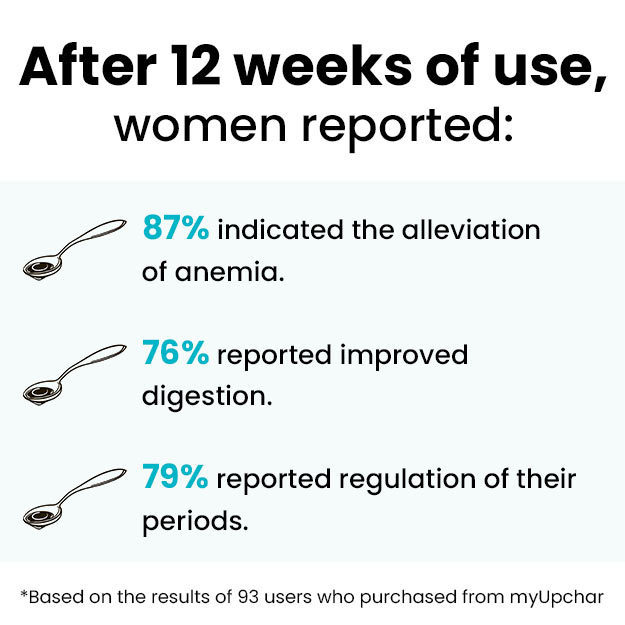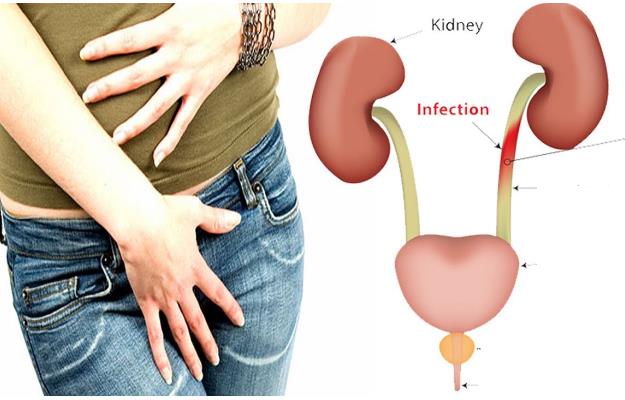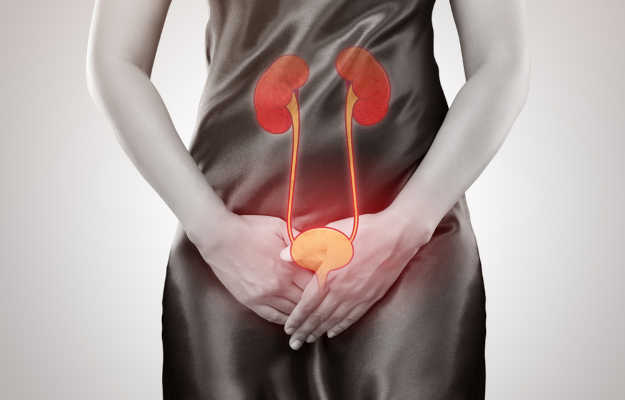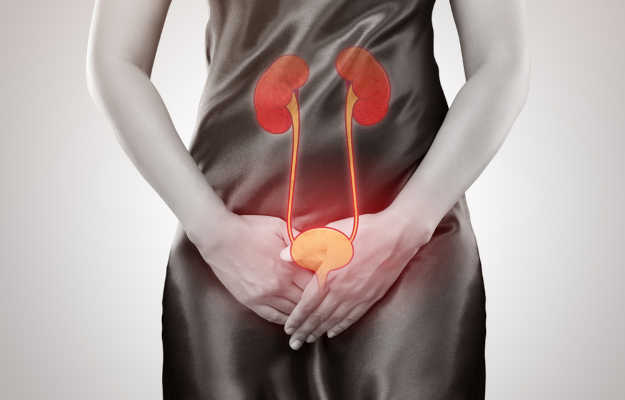Urinary tract infection (UTI) is a bacterial fungal or viral infection affecting any of the organs of the urinary system.
The urinary system comprises two kidneys, two ureters, a bladder and a urethra. It is responsible for flushing out waste and extra water from the body.
The primary causes of UTI include bacteria, which enter the urinary tract through the urethra and begin to multiply in the bladder. There are two major kinds of UTIs:
- Cystitis: Cystitis is an infection of the bladder, which is usually caused by the bacteria E. coli. This type of UTI may be caused by sexual intercourse or any other factor that introduces bacteria into the bladder.
- Urethritis: Urethritis or the infection of the urethra commonly occurs when bacteria spread from the anus to the urethra. Urethritis also occurs from sexually transmitted infections
UTIs are one of the most commonly reported infections, especially in women, and can lead to complications if left unattended. Women are more prone to developing the infection since their urethra is shorter, making it easy for the pathogens to reach the bladder. In individuals with diabetes or other diseases that alter the immune system, UTIs could occur more easily. Enlarged prostate gland and the use of urinary catheters are also risk factors for UTIs.
The most common symptoms of a UTI include a burning sensation while passing urine, discomfort in the lower abdomen, passing urine more frequently than usual, inability to pass urine satisfactorily, foul-smelling urine, blood in urine and pain in the abdomen while urinating. In case the infection has spread to the kidneys, the individual may experience additional symptoms such as chills, fever and back pain. The diagnosis of a UTI can be done clinically with the help of a urine test.
(Read more: Urine culture test)
Conventionally, UTIs are treated with antibiotics, which reduce bacteria growth; however, homeopathic treatment of UTIs aims at improving a person's immune system so it can clear the infection on its own. Homeopathic remedies provide effective treatment for UTIs and have been proven to show results in clinical settings. These remedies are made from highly diluted natural substances and are chosen on the basis of the law of similars. A remedy that creates a particular symptom in a person would heal the same symptoms when it appears in a sick person. Also, homeopathic doctors consider the miasms or the tendency of a person to suffer from a specific disease to pick a unique remedy for them.
Some homeopathic remedies that are used for the treatment of UTIs include aconite, apis mellifica, belladonna, berberis vulgaris, borax veneta, clematis erecta, cantharis vesicatoria, pulsatilla pratensis, and sarsaparilla officinalis.





































